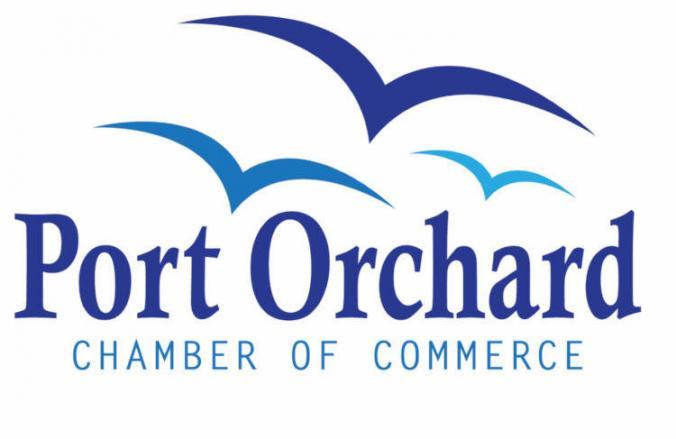If you follow my updates on Workers’ Compensation issues in Washington State, you know that over the past two months I’ve written several posts outlining some of the difficulties injured workers face when trying to obtain new attending physicians within the Medical Provider Network (MPN). To recap, I find it incredibly problematic that injured workers, especially those with older or more complex claims, have extreme difficulty finding MPN providers willing to become attending physicians.
This week my feelings regarding this issue have progressed from frustration to outrage. The reason for my outrage has to do with RCW 51.32.110 and WAC 296-14-410. Under these laws, injured workers who are deemed to be non-cooperative may have their claims suspended and benefits stopped. Non-cooperation is when an injured worker and/or their representative obstructs or delays the progress of the claim. RCW 51.32.110(2) specifically identifies behavior that is considered non-cooperative: (a) refusing to submit or obstructing medical examination, (b) persisting in unsanitary or injurious practices which tend to imperil or retard recovery, or (c) refusing to submit to medical or surgical treatment reasonably essential recovery or refusing or obstructing evaluation or examination for the purpose of vocational rehabilitation or not cooperating in reasonable vocational rehabilitation efforts.
Nowhere in the statue does it indicate an injured worker should be considered non-cooperative, have their claim suspended, and their benefits stopped because they cannot find a willing attending physician. Yet, in two separate cases involving injured workers I represent, this week the Department of Labor and Industries (L&I) has sent letters threatening to find the injured workers non-cooperative because they cannot find willing attending physicians.
This kind of punitive behavior on behalf of L&I is a travesty and an injustice to injured workers. The Department of Labor and Industries should be ashamed this kind of claims management practice exists. I will certainly be addressing the inappropriateness of this practice under the Industrial Insurance Act.


